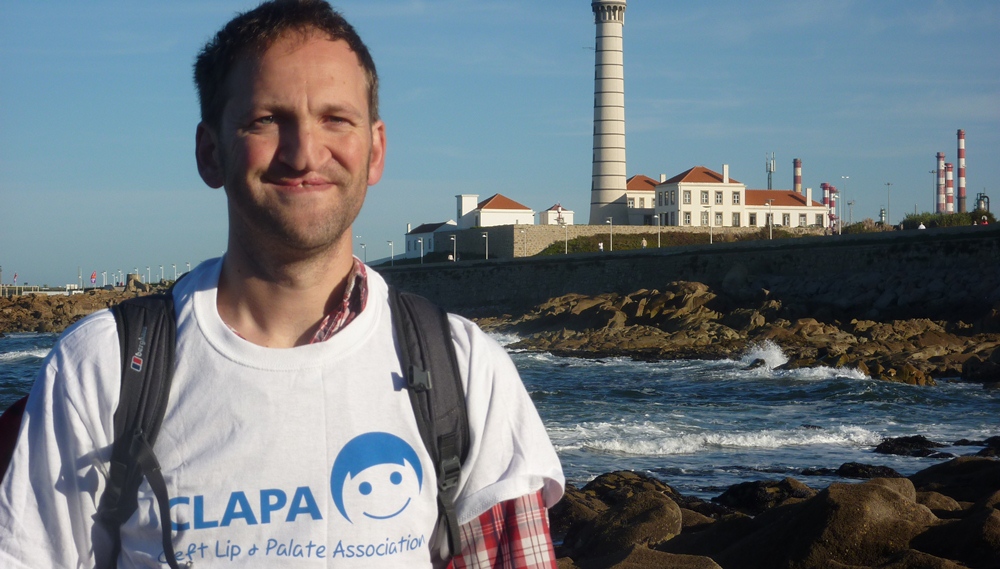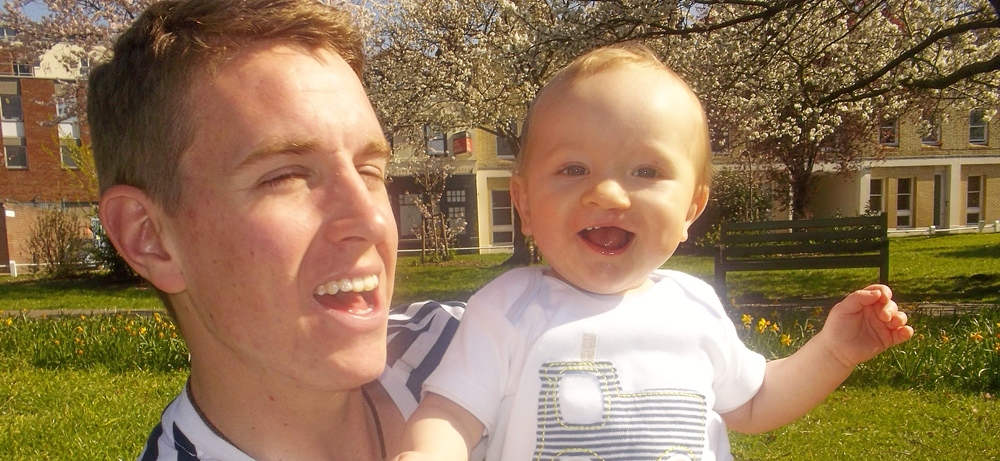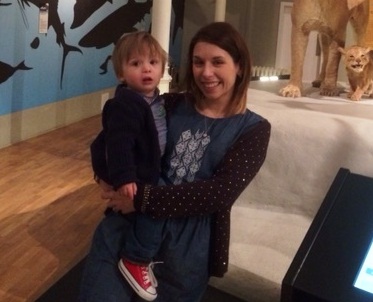
Counselling with CLAPA
Many people affected by cleft say it has an impact on their mental health.
Adults born with a cleft affecting their speech or appearance have often experienced rude comments, staring, or even bullying, which can have an ongoing impact on their self-esteem.
Parents and carers dealing with a new diagnosis of cleft, surgery, or setbacks often face strong feelings of anxiety, guilt and sadness. And people can feel isolated and misunderstood by others, even by friends and family. Alongside the medical issues, this isolation can take a heavy toll on people’s mental health.
For those struggling in the UK cleft community, help is at hand with CLAPA’s free counselling service.
If anyone is feeling overwhelmed, anxious, or depressed; having trouble coming to terms with a cleft diagnosis or worrying about their child’s future; or struggling with family and relationship issues, CLAPA’s friendly student counsellors can help.
They’re ready with appointments, with little to no waiting lists, to help people work on any mental health issues. Booking is through a quick self-referral service.
There are also 15-minute introductory calls available with one of the counsellors, to see how friendly and welcoming they are.
Recently, one of CLAPA’s counsellors helped a pregnant woman who’d just received a cleft diagnosis for her baby. She found the diagnosis “incredibly hard to deal with” and found it difficult to ask for support.
She said the CLAPA counselling sessions helped her realise it was okay to be upset, and gave her tools to help deal with strong emotions.
“I felt completely broken about expecting a cleft affected baby,” she said. “But now, I don’t think about the bad things. And, if those feelings do creep in, I know how to deal with them.
“Through the counselling, week on week, I felt my attitude and outlook improve, to the point now where I don’t find the cleft diagnosis upsetting anymore.
“Through the counselling, week on week, I felt my attitude and outlook improve, to the point now where I don’t find the cleft diagnosis upsetting anymore.
“I feel more emotionally prepared for welcoming my little one, and that has given me so much more confidence – not just for having a baby, but for everything that is to come.”
A CLAPA counsellor also helped a young woman who was struggling with low self-esteem, depression and anxiety, which she felt was due to being born with a cleft lip and palate.
During her counselling sessions she addressed many issues affecting her mental health and was supported in setting goals to move forward in her life. Following the sessions she said: “I’m very happy with where I’ve got to”, and her clinical scores for anxiety and depression were significantly reduced.
Counsellors have been helping members of the CLAPA community since 2022. They can help people:
- Talk through issues.
- Make sense of events in their life that are difficult.
- Work on problem-solving and behavior change strategies.
- Help people deal with difficult feelings and emotions.
- Help people make sense of information.
- Help people deal with difficult relationships.
The service is available to all adult members of the CLAPA community, including adults born with a cleft, parents and carers, and family members. Sessions are available for any issue, whether directly related to cleft or not.
The student counsellors work with CLAPA as part of their training. All of them are fully insured and members of COSCA or BACP – professional bodies with high standards and codes of ethics.
The counselling is delivered online for six sessions. More sessions can be provided subject to review.
Meet CLAPA’s Counsellors
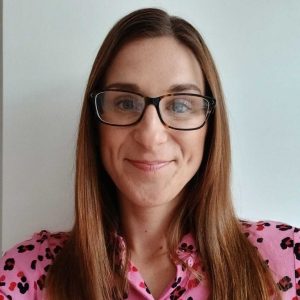
Sarah, is an integrative counsellor with CLAPA, which means she uses different therapeutic approaches, combining techniques to suit individual needs.
“My aim is to provide a safe, non-judgmental space where you can talk openly about the challenges you’re facing,” she said.
“Together, we’ll explore these challenges at a pace that feels comfortable for you.
“You may be feeling anxious about a recent diagnosis, an upcoming surgery, or your child’s future – these are things we can explore together in our sessions.”
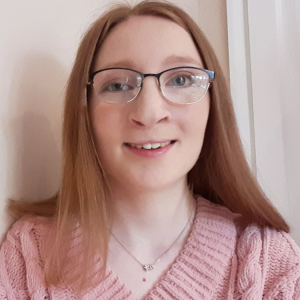
Bronwen works mainly with adults born with a cleft. She’s currently studying Humanistic Counselling and Psychotherapy at the University of Derby.
She added: “If you’re struggling with anxiety, low mood, low confidence, or any other concerns, and want a non-judgmental space to talk about what is on your mind, then counselling could be for you.
“I can help you to explore difficult feelings and empower you to be who you want to be.”
Need to talk?
To start a journey with one of the counsellors please complete a self-referral form on the CLAPA website. A member of the team will then be in touch to discuss the next steps.
Please note CLAPA counsellors are unable to support complex mental health issues such as PTSD and psychosis where specialist support is required.
